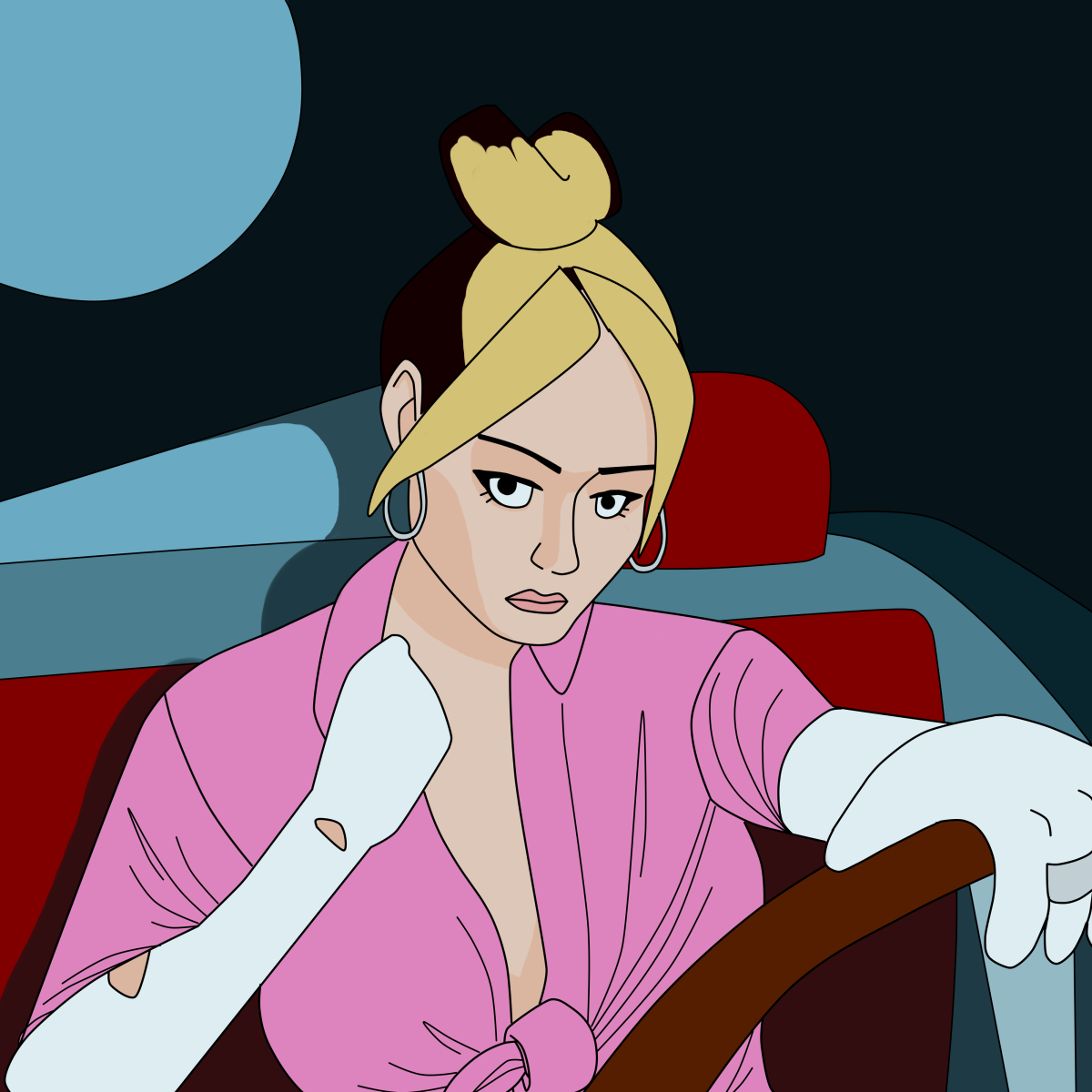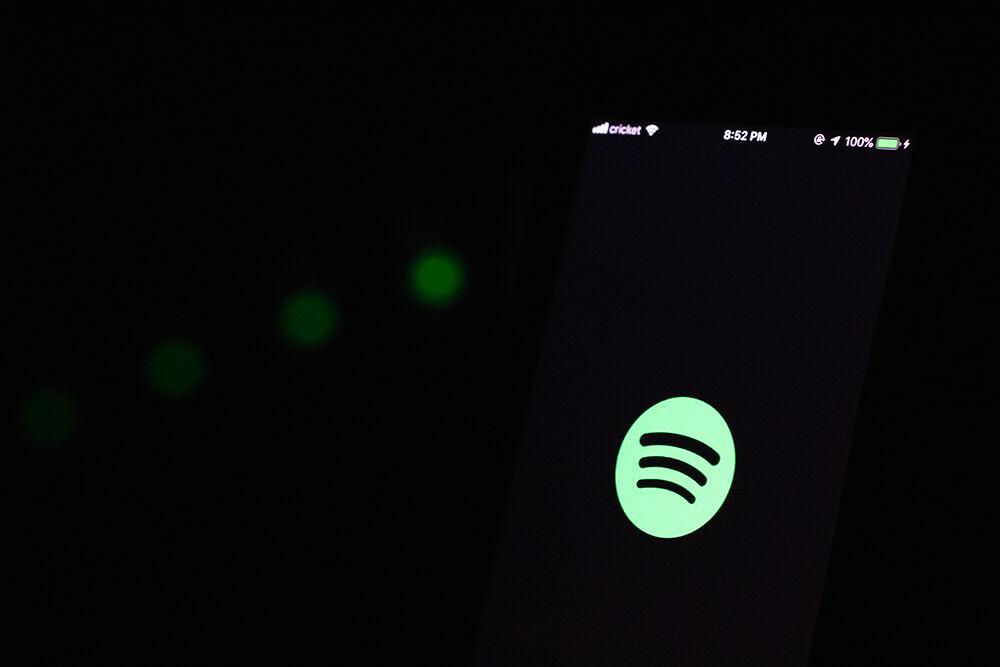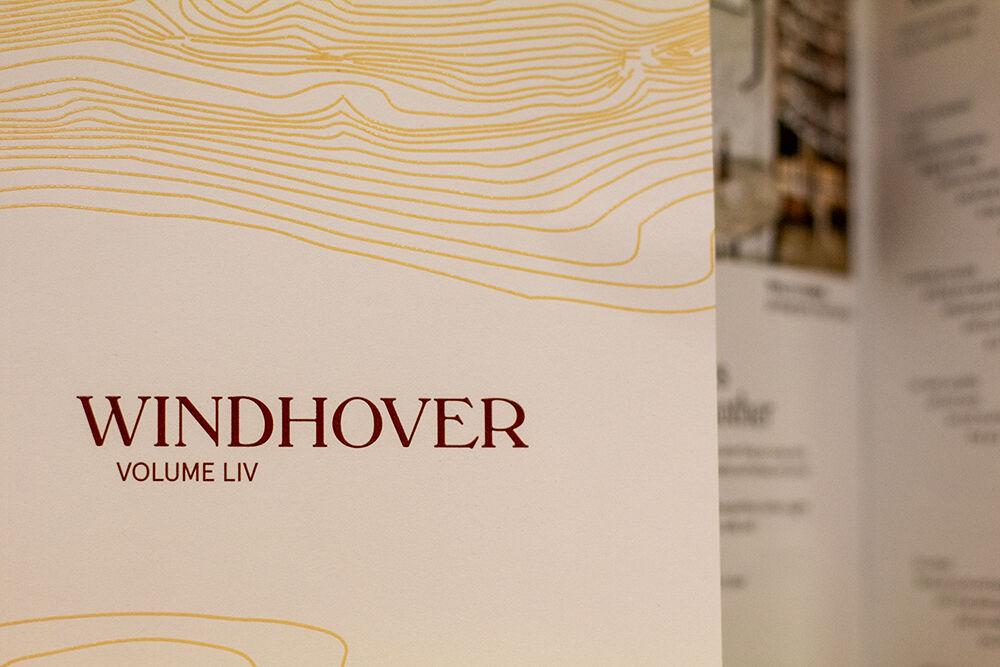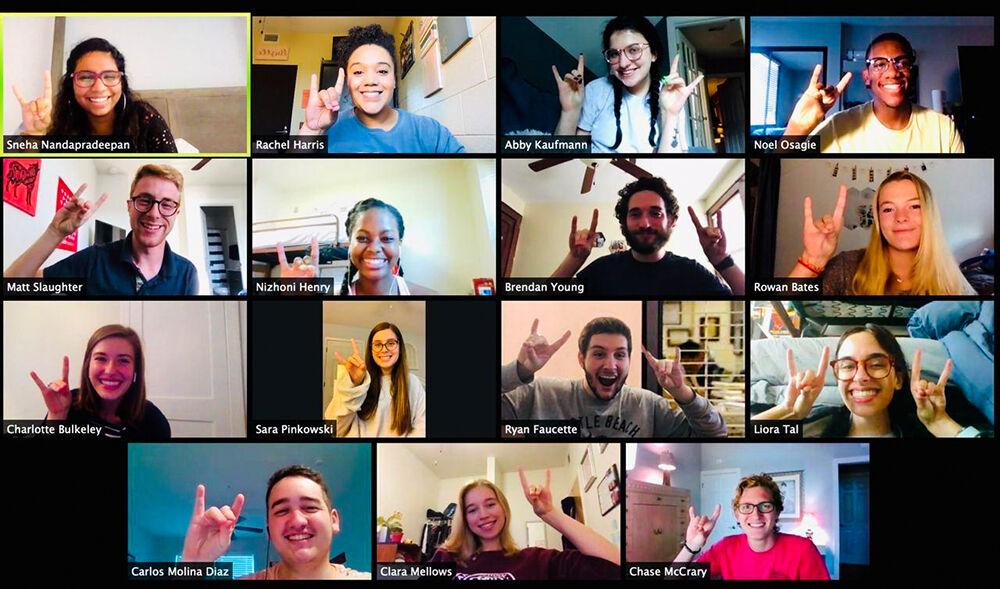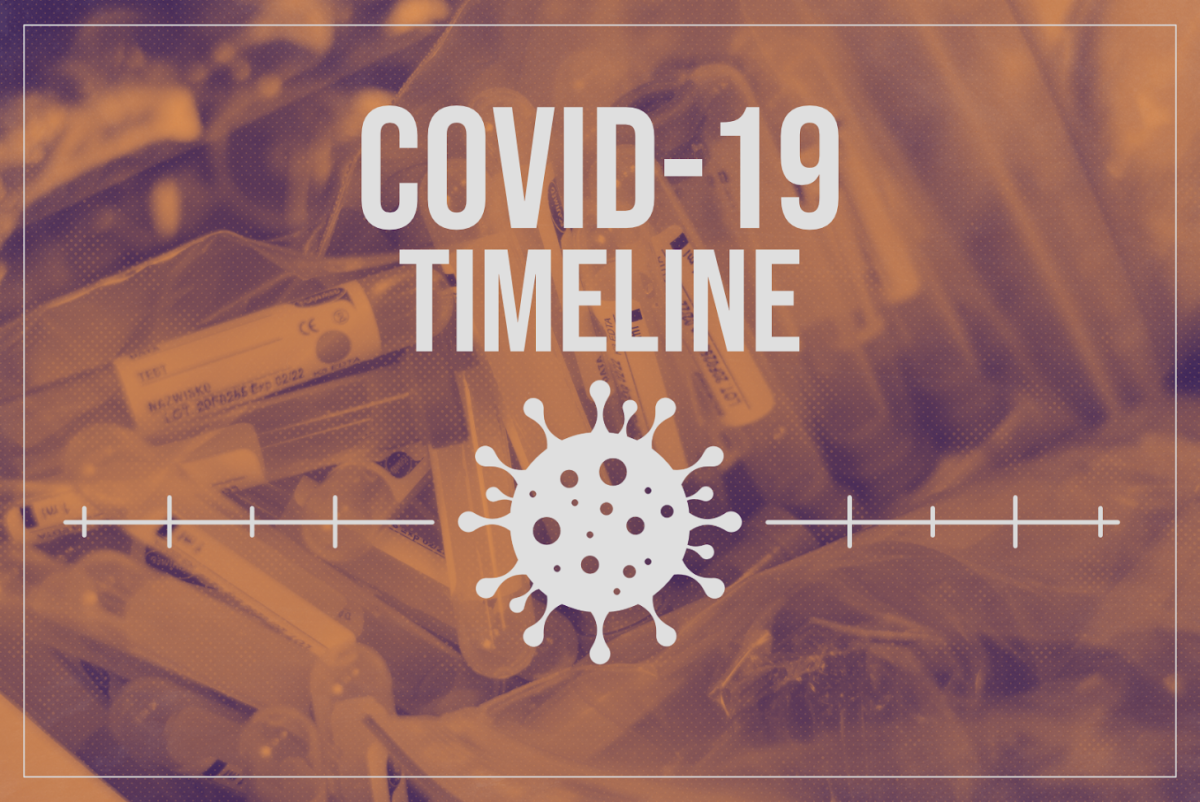On Friday, March 27, Dua Lipa released her second studio album, titled “Future Nostalgia,” after releasing four highly regarded singles, “Don’t Start Now,” “Future Nostalgia,” “Physical” and “Break My Heart.” “Future Nostalgia” comes three years after Lipa’s first self-titled album.
Lipa “did a full 180” since her last album era, changing her look, sound, stage presence and aesthetic. Lipa somehow perfectly combines ‘70s disco sounds, ‘80s synth-pop music and a ‘90s/‘00s look and aesthetic (we see those chunky blonde highlights) to create an album that does give the listener the nostalgia promised in the title.
The album shows its heavy ‘80s and ‘90s inspiration with music that sounds reminiscent of Madonna or Gwen Stefani and a heavy nod to Olivia Newton-John with her song “Physical.” To hammer the ‘80s/Olivia Newton-John inspiration down, Dua Lipa released a YouTube video March 6, titled “Let’s Get Physical Work Out Video.”
The first song, “Future Nostalgia,” focuses on the fact that everyone is pushing Lipa to create “timeless” music while Lipa wants to do something new and push the envelope. Lipa references the Rolling Stones and John Lautner, an architect who pioneered the “futuristic” Googie architecture of the ‘60s and ‘70s, who both made a major impact on their respective fields. Lipa obviously wants to make a similar mark in the music world and not just create music that is merely “good.”
“Don’t Start Now” references a past relationship, which could possibly be about model and celebrity chef Isaac Carew. The couple split in 2017, months before the release of her last album “Dua Lipa,” and the song “Don’t Start Now” claims Lipa is not the same person that she was when he left her; she is much better off now than she was back then. The song definitely has a strong female empowerment message. It’s a good song and definitely fun to dance and listen to and, in my opinion, the best of the singles.
“Cool” is fairly straightforward and discusses a new whirlwind romance that causes her to “lose her cool.” I appreciate the bass-forward aspect of this song, as it breaks up the synth-heavy songs on the album, even though it has a lot of synth influence.
“Physical” is a less sexual version of Olivia Newton-John’s “Physical.” There are definitely heavy sexual references throughout the song, but the song also has a focus on a whirlwind romance and supporting each other outside of the bedroom. The song is certainly fun and an excellent “throwback” song.
The stretch of “Levitating” through “Good In Bed,” which covers about 6 songs, is my favorite part of the album and continues the female empowerment theme of the album. The ‘70s funky bass picks up and “Levitating” especially brings in some ‘70s/’80s post-punk speak-singing. “Levitating” is a fairly shallow song, but it is so much fun.
“Pretty Please” is an interesting song with heavy bass and speak-singing. The lyrics are pretty straightforward: she wants to have sex. “Hallucinate” features a metaphor for his touch as a drug that she’s addicted to. It’s not the most original comparison, but nostalgia is the name of the game here. The music definitely matches the party theme of the lyrics.
“Love Again” definitely feels much different than the rest of the album. The song samples White Town’s 1997 hit “Your Woman” and gives off some slight ABBA and Earth, Wind & Fire vibes. “Love Again,” while being upbeat and pop-y is definitely a lot more raw than the rest of the album and discussed someone that keeps making Lipa fall in love again. She discusses feeling like she would never escape this relationship, and every time that she finally does escape, she falls back in. The song is honestly kind of heavy.
“Break My Heart” is another song that is deeper than it sounds. Lipa discusses feeling fine being alone, and then suddenly someone comes along and makes her fall in love again. She worries that falling in love will just lead her to more pain which is a feeling that a lot of people can relate to. The music itself is fun, which is owed to Lipa’s sampling of INXS’s 1987 hit “Need You Tonight.”
“Good In Bed” is exactly what it sounds like… kind of. Obviously, it’s about a couple that enjoys having sex with each other, but that’s all they enjoy about each other. Lipa talks about the fact that them not liking each other is what makes them good in bed, and maybe the fact that they are good in bed makes them stay with each other.
The last song on the album “Boys Will Be Boys” is very obviously about sexism and sexual harassment. The song is good, but doesn’t fit with the feel of the rest of the album. The rest of the album is definitely about female empowerment, but it is subtle, and Lipa could have easily made this point without directly saying “boys will be boys but girls will be women.” While obviously personal to Lipa, the song feels like a bit of a throwaway at the end of the album.
Lipa’s album is definitely a funk-y, synth-y throwback to a nostalgic era. In the title track, Lipa makes a point that she wants to make a mark in the music industry without doing something that’s played out. Ironically, Lipa’s recycling of past themes, aesthetics and sounds is what makes this album good. It is very basic pop music, but in an era of all artists trying to do something unique, it is nice to have an artist return to the “roots” of pop music. Overall, the album was excellent, and I believe it could be a contender for the Best Pop Vocal Album Grammy on replay value alone.


